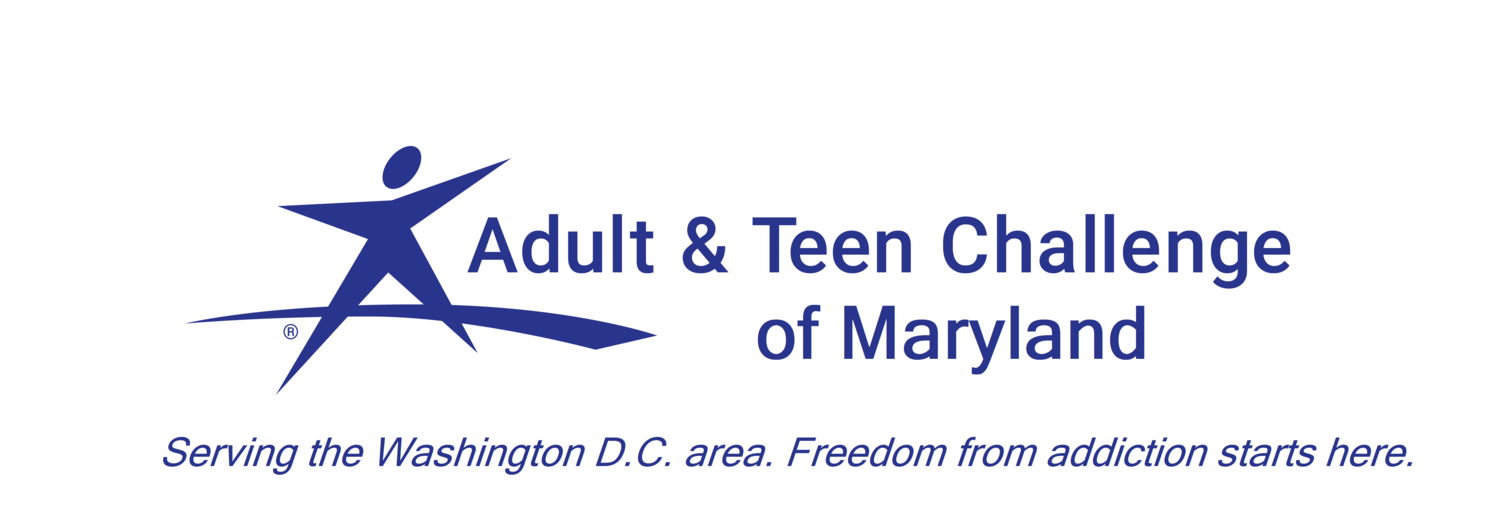What Makes Us Different?
Transformation – Not Treatment
The biggest difference between Adult & Teen Challenge and a traditional recovery center is our focus on Christ. Our programs depend on the power of the Holy Spirit and God’s word to provide our students with a guiding light. Treatment is important, but transformation is key
Discipleship & Evangelism
Through our Bible-based curriculum, students learn how to apply God’s Word to their lives. They also learn to recognize the Holy Spirit’s work in their lives, invite God to help them overcome their life-controlling problems, and become more like Christ.
Long-Term Residential Programs
Our program last an average of 12-18 months. This time frame provides ample opportunity for adults and teens to confront their destructive choices, their self-sabotaging behavior, and their unhealthy views. It then gives them a safe place to establish a new “normal”— assured of the love of God and under the guidance of Biblical principles.
Success Rates.
Results indicate that 78% of the 340 sample respondents are sober and substance abuse free, after participating in the ATC program. While the entire sample indicated high levels of sobriety, those who remained at ATC as staff or interns were less likely to use the legal substances of alcohol and marijuana than graduates who were not at ATC. Further, on average ATC graduates self-report that they are engaging in spiritual practices such as praying, reading the Bible and attending church, at least on a weekly basis. However, individuals who were sober were far more engaged in spiritual practices, experienced a greater connection to God, higher levels of self-acceptance and love of others. Overall, sample respondents reported increased holistic health indicators in multiple dimensions, following their graduation from an ATC program. Finally the data indicates overwhelming satisfaction in the ATC program.
Source:
Adult and Teen Challenge Outcome Study Report, October 2019
Authors: Donna Washburn, PhD | Heather Kelly, PhD | Christine Arnzen PhD | Emma Hale



